VOICE BANKING – A NEW YEAR’S RESOLUTION?
I know it’s a little early to talk New Year’s Resolutions, but I will never be able to make this one mine, and the sooner you start working on it, the better. Plus, I started out just making this a “Wish I Had Done This Before…” post. Then it got close to New Year’s Day, and I decided it would be a good resolution for you to tag onto weight loss and more exercise, and much easier to accomplish.
So, I wish I had recorded my voice before I got ALS. But there are a dozen conditions, including simply aging, which result in vocal loss and changes. Simply aging is at the top of the list, because we all do it and all our voices change when it happens. You might say, “Well that’s my voice, and I’m sticking with it.” But we’re living in a time when you could continue to communicate on a phone call, podcast or a zoom meeting, using a more robust version of your own voice. We’re entering a time when you could use a voice clone to sing!
We are also seeing an uptick in diseases which can steal your voice, like ALS, Parkinson’s, strokes, and brain injuries, just to name a few. These conditions can make you speechless, but spare your cognition, leaving you with a frustrating inability to speak, even though you know what you want to say!
Voice cloning to the rescue. You can pretty easily create an “instant” voice reproduction, which sounds pretty good. But now you can also have access to professional voice cloning. For folks with ALS, it’s free, so I can’t speak to affordability or access right now, but I have no doubt that this process will get better, more malleable, more available and affordable with time. Right now, you probably have time, but you need to “save your voice.” It’s called voice banking…for a good reason.
By the time I was diagnosed with ALS, my voice had already changed, and it looked like a professional voice clone was not an option for me. The technology can’t be retrofitted. Fortunately, I had some old recordings of my voice before ALS, in the form of commercials and interviews for my medical practice, and most importantly, a 45-minute professional interview about my music. I say, “most importantly,” because in all of my professional recordings, I used my surgeon voice. You know, the one I use to tell you about your operation. It’s not the voice I use to talk to friends, tell a joke, talk to my cat or a child. In the interview about my music, I do have some moments of lightness and humor which were missing in those commercials. But again, I did not speak like I would to a child. I will never have that funny, or tender side of my voice again. Not now, and not even when I use my voice clone. When I tell my family I love them, I will sound like I’m recommending an ACL reconstruction.
To make the best, fully expressive voice clone, they need at least an hour of your voice, preferably spending some of the time telling jokes, talking to your pet, your spouse, your children or perhaps even reading a child’s book. You need to use the best recorder you can afford, recording in a quiet space with as little background noise as possible. Try not to say “Uh.” My recordings had music and background noise, so I had to have someone extract my voice from those sounds, again leaving me with a less-than-ideal clone. Don’t get me wrong. My voice clone is really good, and I’m hopeful that as the technology improves, there may yet be an option for me to talk sweetly to children or tell a raunchy joke while not sounding like I’m giving a PowerPoint presentation on tailbone pain.
If you’re one who schedules things like mammograms, colonoscopies and annual physical exams, you should add your recording to this year’s list and pass this information on to family and friends. It’s so simple.
And record your children every few years. They are not immune to losing their voices. Then bank it like you would a piece of gold or cryptocurrency.
Your voice is priceless. Take it from someone who knows.

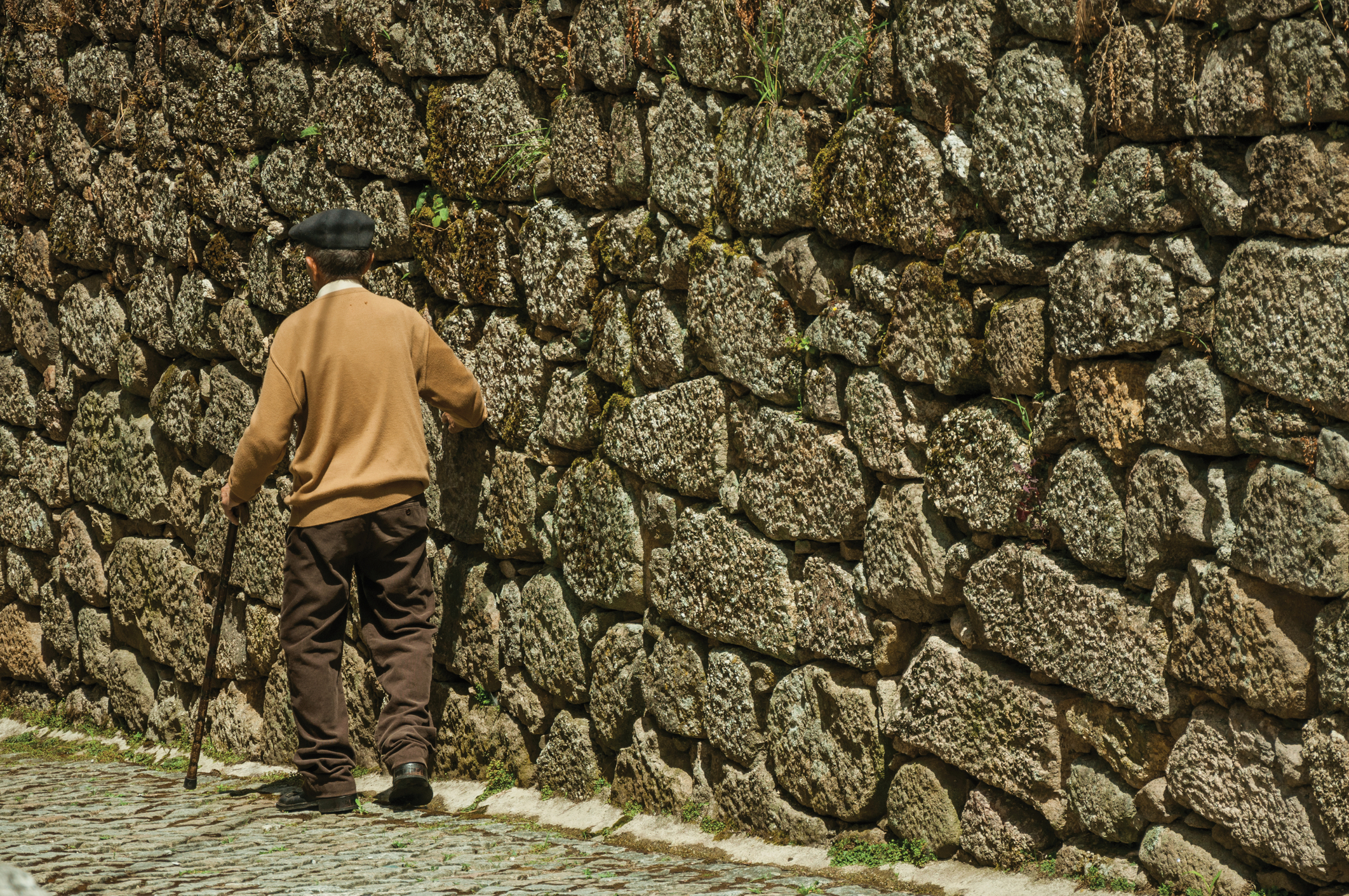
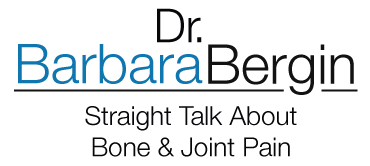
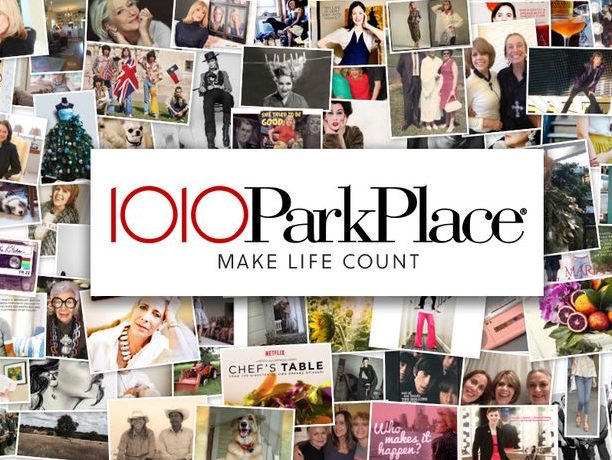
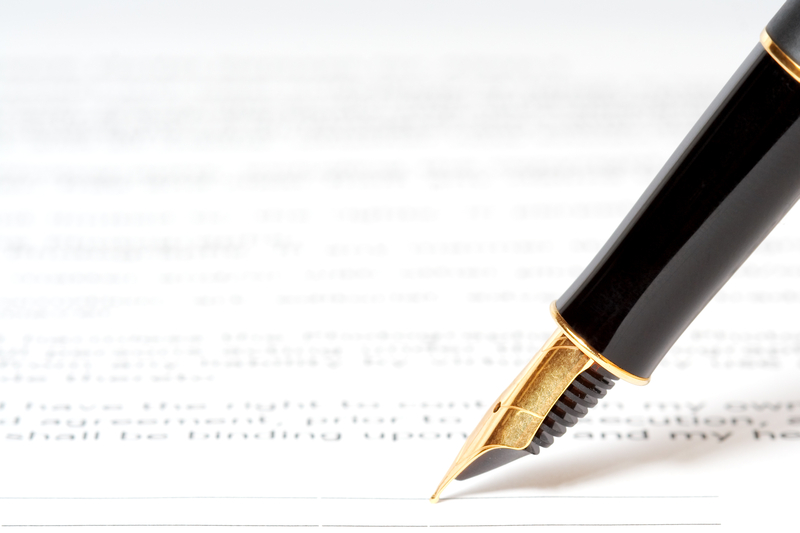
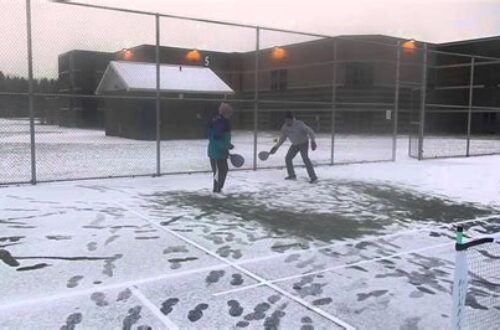
7 Comments
KCW
You helped me so much by using your voice to help me get through my trial by coccydnynia about 15 years ago. I signed up then for your newsletter and often think of you with fond admiration.
Linda Thompson
Hello Dr. Bergen. It’s always a pleasure to see one of you emails in my inbox as having been SLAMing as per your advice for sometime.
Didn’t know about your ALS diagnosis. Your positivity, even with sharing that news, comes through beautifully.
Look forward to reading your upcoming works of fiction. All the best and happy holidays.
Barbara
Thanks Linda! Hope you have a Happy New Year!
Robbin Hosek
I’m saddened by your diagnosis of ALS. You are the first orthopedist who listened to me and helped me. You didn’t turn me away because I was too young for a knee replacement. You believed I was in pain and gave me a new knee. I’m happy to say that the last time Dr. Goldberg looked at my knee, he said it looked perfect. My knee replacement was in 1999. You made such a difference in my life. I was able to walk again. Thank you for caring.
Robbin
Barbara
I remember you Robin! Thanks for following my blog! More to come!
k. mccay
I love this! What a great idea for Christmas. I will read aloud a children’s book and record it… maybe for my grandchildren’s children someday.
And I will get Bill to tell a funny story about when he fell out of a tree as a child and got a whipping for climbing it.
Wish my parents had recorded their funny stories.
Barbara, you don’t need a lot of time or a strong voice to change lives.
You just do.
pat scott
A very good reminder, and help for those who have no idea how to go about doing this! Thank you for your many contributions to this world, medical expertise, gift of music and song, humor, and mystery novels. And joy!